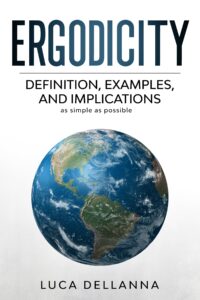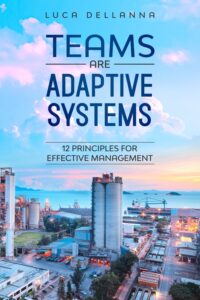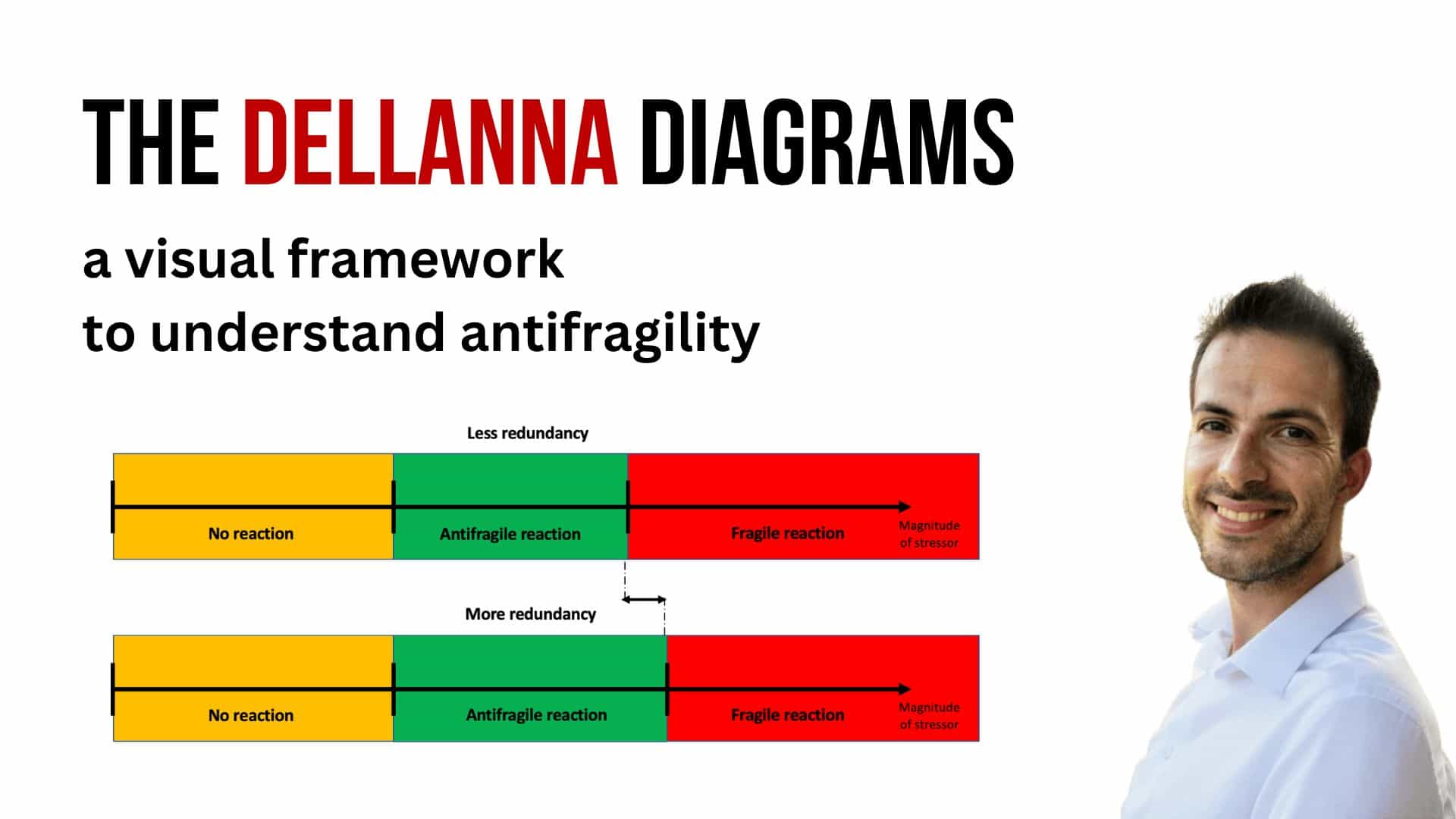Growth obtained through short-term tactics eventually plateaus. It’s a dead end.
At Columbia University, most condemnation of Hamas’ 7th of October attack came from STEM students, whereas most support for Hamas came from the Humanities (source).
As a Twitter user noted, “The really funny thing about academics doing the ‘we need humanities to combat fascism’ narrative is that in actual Nazi Germany humanities academics and students were often enthusiastically pro-Nazi while Physics and Math departments were most vocally opposed.”
My hypothesis for this phenomenon is that STEM tends to appeal to non-contextual people (and it’s easier to be ethical when you think by yourself), whereas humanities tend to appeal to contextual people (and it’s easier to be evil when you’re concerned with scoring popularity points).
The “contextual / non-contextual” division here is the same one I use in my book “The World Through A Magnifying Glass”, where I hypothesize that people on the autism spectrum tend to give more attention to details than context, which is a strength in fields where context doesn’t matter (such as math and computer sciences – what that formula or line does is not dependent upon its broader context), and is an impairment in fields where context matters, such as communication (what a sentence means depends very much on its context and on contextual clues such as the tone of voice).
The context is the problem
Regardless of your opinion on the Israel-Palestine situation, it’s pretty clear that Hamas’ 7th of October 2023 barbaric attack on civilians was an atrocious terroristic act.
Why, then, has much of the world been so slow and divided in condemning it?
My guess is because of the obsession with context. Many people refused to condemn the terrorist attack because “we should look at it in the context of the last decades.” [1]
I very strongly disagree. A terrorist act is a terrorist act regardless of the context.
The more we bring the context in the discussion, the more we give horrible people a justification to commit horrible acts.
It is paramount that the ethics of an action are evaluated without considering its broader context.
(This is not to say that all context doesn’t matter – for example, an attack is a war crime not if it kills civilians but if it causes avoidable civilian deaths, either because it didn’t pursue a military target or because it pursued it in a way that had unnecessary collateral damage. [2] Still, that’s context within the single attack and not outside of it – whether the attacker is or feels on the right side of history doesn’t, and shouldn’t, mean a thing.)
Ethics studies
To conclude, let’s go back to the beginning of this short essay, to the point where STEM students seem to display better ethics than humanities.
I think it’s important not to confuse the subject of a degree with the degree itself. Of course, ethics is important! But, there is no evidence that studying ethics at college leads to any better ethics. (By the way, remember the $8B+ financial fraud perpetrated by Sam Bankman-Fried? His father, who’s allegedly involved, taught ethics at Stanford.)
I wonder how much of this applies to other studies, too.
One common example regards Latin, which is still widely taught in my home country of Italy (I signed up for a “mathematics-informatics high school diploma,” yet its curriculum included 5 hours a week for 5 years studying this dead language). Of course, Latin helps with logic. The question is, is it the best use of the time for someone who wants to study logic? Similarly, of course, Latin helps with learning medical terms. But does it help more than studying medical terms directly? Opportunity costs matter.
I think we focus too much on indirect and abstract learning, when perhaps, some more direct and concrete method would produce better results.
Notes:
[1] There is another type of contextual evaluation that determines one’s stated evaluation of the ethics of an action: what they think others would think about their evaluation. That said, what enables people to express an evaluation of the ethics of an action that is not based on its merit is exactly the popularity of the idea that “context matters.” If it were widely accepted that context doesn’t matter, then people who would want, e.g., to defend the 7th of October attacks, would have a much harder time doing so.
Contextual people who care more than average about how they are perceived by others are more likely to make judgments not on the object of the judgment but on the “social points” that expressing a judgment would bring. Again, context is the problem, and context should be neglected.
[2] I simplified it a bit, but the core is correct. A more detailed yet partial explanation can be found here.










